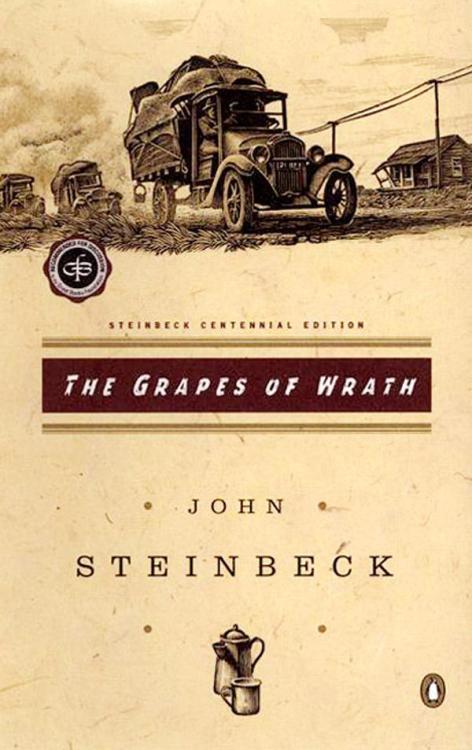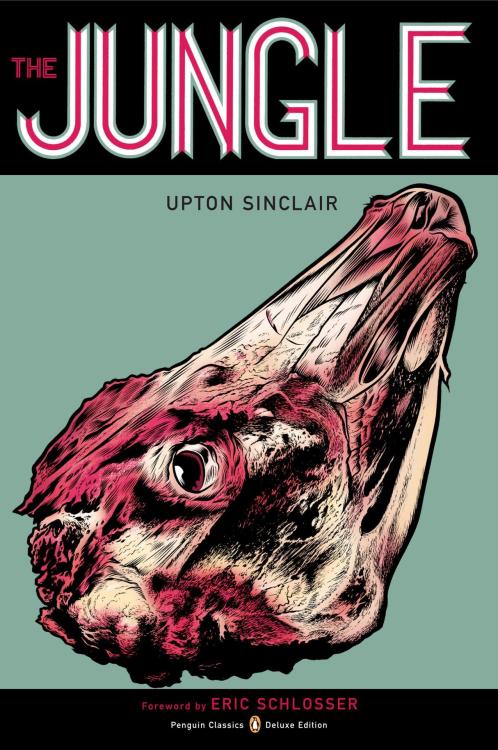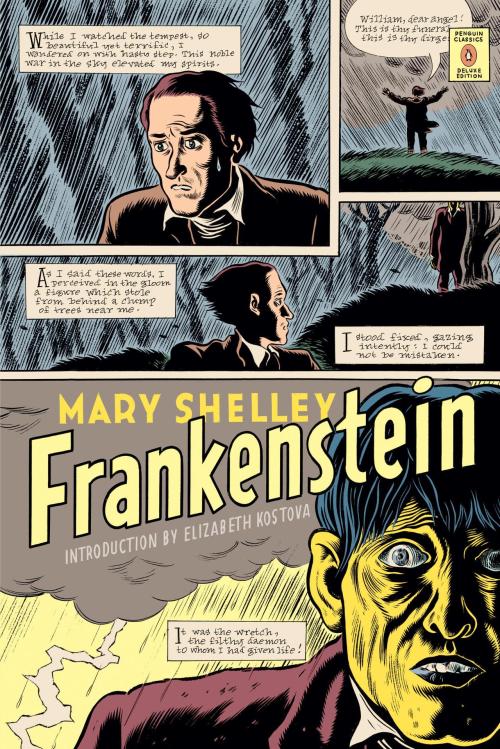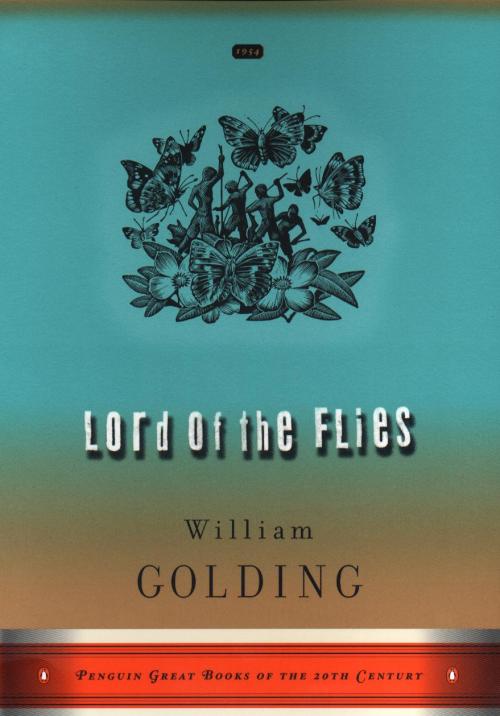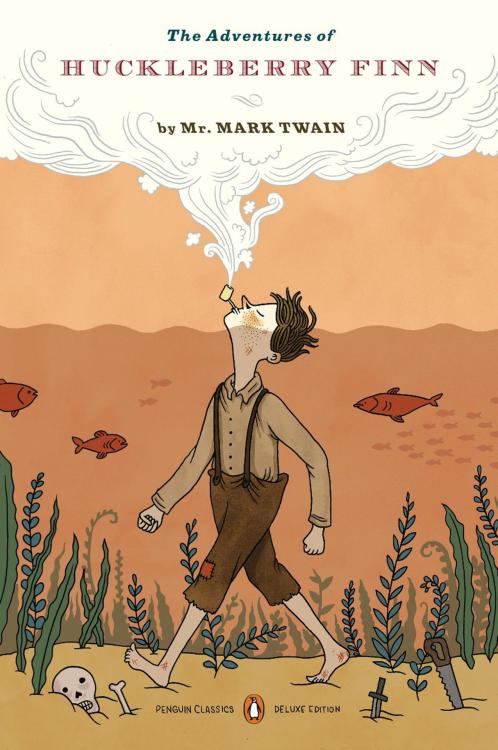classicpenguin:CLASSIC BANNED BOOKSIn honor of next week’s Banned Books Week, we’ve put together a l
classicpenguin:CLASSIC BANNED BOOKSIn honor of next week’s Banned Books Week, we’ve put together a list of now-Classics that were once–or are still–contested, censored, or banned. (We considered just linking back to our list of classic literary smut and being done with it, but that seemed all too easy.) So below, check out a few historically hackles-raising Penguin Classics that came to mind around the office. And never forget that reading classics can be rebellious. The Grapes of Wrath by John Steinbeck John Steinbeck’s legendary depiction of Americans struggling for survival during the Great Depression has been burned, banned, and the topic of numerous censorship trials since its publication in 1939. Though the book’s purpose was to illuminate the plight of migrant families, many authorities felt they’d been depicted in an unfair light. The battles over censoring The Grapes of Wrath have been international, including a Turkish trial in which publishers faced up to six months imprisonment for “spreading propaganda unfavorable to the state.”Of Mice and Men by John SteinbeckNo stranger to ruffled feathers, John Steinbeck’s 1937 novel Of Mice and Men has managed to amass quite an interesting list of enemies. Along with plenty of school curriculum battles, Of Mice and Men was banned in Ireland in 1953 and condemned by a South Carolina chapter of the Klu Klux Klan. Censorship battles over the novel continue even today. On The Origin of Species by Charles DarwinAmong the most controversial works of modern time, Charles Darwin’s revolutionary work in the natural sciences has been banned on numerous occasions. Dramatized in the 1955 play “Inherent the Wind”, Darwin’s theory of evolution was banned from Tennessee schools for 42 years after the infamous Scopes Trial. And the work continues to be an inflammatory topic in many parts of the world, including the United States. The Jungle by Upton SinclairA title synonymous with investigative journalism, Upton Sinclair turned the meatpacking industry of the early 1900s on its head with his seminal work The Jungle, in which he exposed the mistreatment of immigrant workers and blatant disregard of consumer health. Surprisingly, The Jungle was never suppressed in the United States, but was banned in Yugoslavia and burned by both the Nazis in 1933 and East German communists in 1956. Alice’s Adventures in Wonderland by Lewis Carroll It should come as no surprise to anyone familiar with the psychedelic fantasy depicted in Lewis Carroll’s Alice’s Adventures in Wonderland that many parents have found it a questionable story for children, despite its popularity. However, the book’s oddest opponent surfaced in China, when in 1931 a provincial governor was wildly concerned about the effects of animals being depicted speaking human language, describing it as “disastrous.” One Flew Over the Cuckoo’s Nest by Ken KeseyKen Kesey’s One Flew Over the Cuckoo’s Nest was making waves in public school districts throughout the country when it first published in 1962. The story of rebellious Randle Patrick Murray as he butts heads with the powerful and manipulative Nurse Ratched in an Oregon mental hospital displayed a scathing critique of institutionalism and the prominent psychology of the time. Fearing the impact the book might have on their children, parents in Colorado attempted to ban the novel from public schools, claiming it “glorifies criminal activity, [and] has a tendency to corrupt juveniles.” In 1986, the book was banned from curricula in Aberdeen, Washington, simply because of its secular humanistic values.Frankenstein by Mary ShelleyAs a cautionary tale of science and man’s role in the creation of life, Mary Shelley’s Frankenstein has for the past two centuries found itself at the center of debates over religion and science, its work with these themes resulting in protest from many various Christian groups. Though never governmentally censored in the United States, South Africa banned the novel in 1955 for obscenity. The Lord of the Flies by William GoldingWilliam Golding’s 1954 novel The Lord of the Flies has been in the censorship cross-hairs of American parents for decades. Those attempting to ban the book have done so on the grounds that it is excessively violent, racist, and “implies that man is little more than an animal.” But Golding, a schoolteacher himself, wrote the book in response to an 1858 novel by R. M. Ballantyne, The Coral Island, in which a group of young boys stranded on a desert island get along quite swimmingly. Though Golding enjoyed the book, his experience with schoolchildren led him to take the morality of the situation in…a different direction. Adventures of Huckleberry Finn by Mark TwainWhen is a word just a word, and when is it something more? Considered the Great American Novel by many, Mark Twain’s use of racially loaded slurs in his novel Adventures of Huckleberry Finn has been the topic of dozens of censorship battles. A disparaging picture of the antebellum South, Twain’s tale of a young man barreling down the Mississippi with an escaped slave has been among the most polarizing works of literature. First published in 1885, the novel has sparked heated debate over the publication and wider cultural effects of racist slurs. Though many cite context and Twain’s aim of revealing Southern racism as justification of the slang’s use, many advocates of censoring the work have called for select slurs to be replaced with simply “The N-Word.” Black Beauty by Anna SewellPossibly the most unusual banning of a book on our list, Anna Sewell’s Black Beauty was prohibited in Apartheid South Africa based on a misunderstanding. Though Anna Sewell’s novel champions compassion for all living things, its title was misinterpreted by the white National Party as a novel about a black woman and hence deemed not fit for the public. Naturally, the officials were far too busy to actually read the literature considered unacceptable.Classic Fridays | The world is full of classics. Every Friday, we close the week with one of our favorites. -- source link

